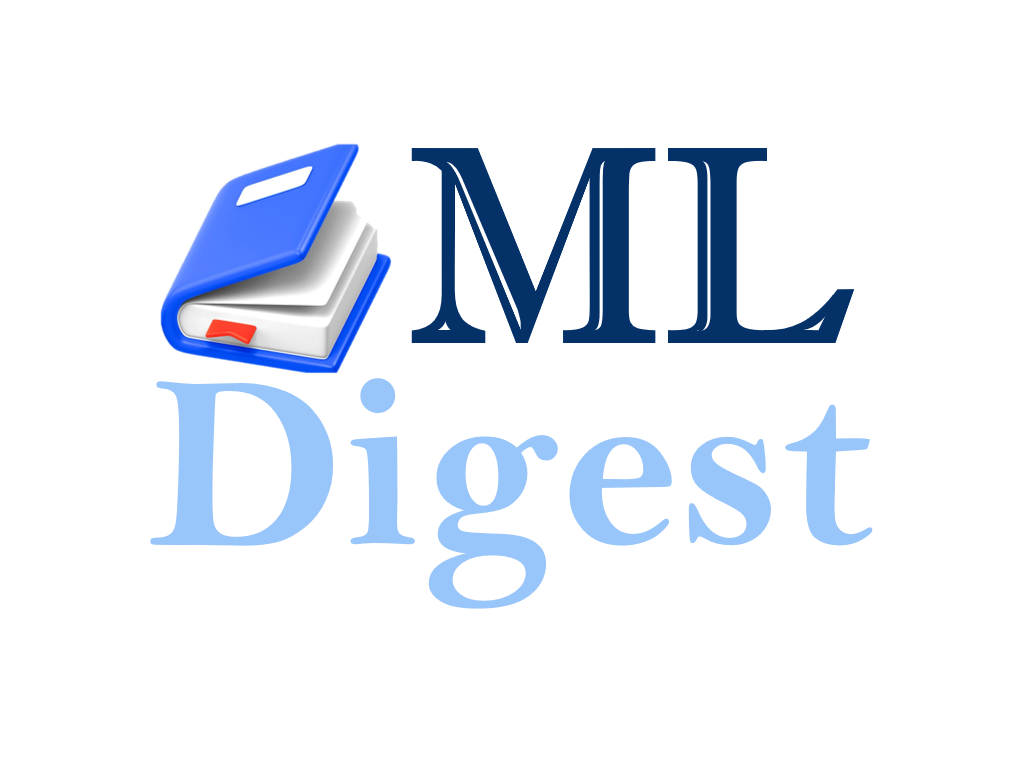RAG Frameworks
Retrieval-Augmented Generation (RAG) is a transformative AI technique that enhances large language models (LLMs) by integrating external knowledge sources, allowing for more accurate and contextually relevant responses. This method addresses limitations such as knowledge cutoffs and reduces the incidence of hallucinations in model outputs.
While LangChain is a robust tool for developing LLM applications, it is not a substitute for RAG. Instead, LangChain can be utilized to implement RAG systems. Key reasons to use RAG alongside LangChain include:
- Incorporation of External Knowledge: RAG allows for the integration of domain-specific or up-to-date information not present in the LLM’s training data.
- Enhanced Accuracy: By grounding responses in retrieved information, RAG significantly reduces errors and hallucinations.
- Customization: RAG enables tailored responses based on specific datasets or knowledge bases, essential for various business applications.
- Transparency: RAG facilitates tracing the sources of information used in generating responses, improving auditability.
Top RAG Frameworks on GitHub
- Haystack by deepset-ai
- A flexible framework for creating end-to-end question answering and search systems.
- Key features include support for multiple document stores (Elasticsearch, FAISS, SQL), integration with popular language models (BERT, RoBERTa), scalable architecture, and an easy-to-use API.
- RAGFlow by infiniflow
- Focuses on simplicity and efficiency with pre-built components and workflows.
- Features include an intuitive workflow design interface, pre-configured pipelines, integration with vector databases, and support for custom embedding models.
- txtai by neuml
- A versatile platform for building semantic search, language model workflows, and document processing pipelines.
- Offers an embeddings database for similarity search, an API for integrating AI services, extensible architecture, and multi-language support.
- STORM by stanford-oval
- A research-oriented framework from Stanford focusing on novel RAG algorithms.
- Notable for its emphasis on improving retrieval accuracy and efficiency while integrating cutting-edge language models.
- LLM-App by pathwaycom
- Provides templates and tools for dynamic RAG applications with real-time data synchronization.
- Features ready-to-run Docker containers, integration with popular LLMs and vector databases, and customizable templates.
- Cognita by truefoundry
- An end-to-end platform focusing on MLOps principles for building and deploying AI applications.
- Includes built-in monitoring features, model versioning support, and integration with popular ML frameworks.
- R2R by SciPhi-AI
- Specializes in improving retrieval processes through iterative refinement.
- Features novel retrieval algorithms, multi-step retrieval processes, and tools for analyzing performance.
- Canopy by pinecone-io
- Developed by Pinecone, it integrates tightly with its vector database technology.
- Supports streaming updates and advanced query processing capabilities.
The landscape of RAG frameworks is diverse and rapidly evolving. When selecting a framework, consider factors such as project requirements, customization needs, scalability characteristics, community activity around the framework, and the quality of available documentation.




